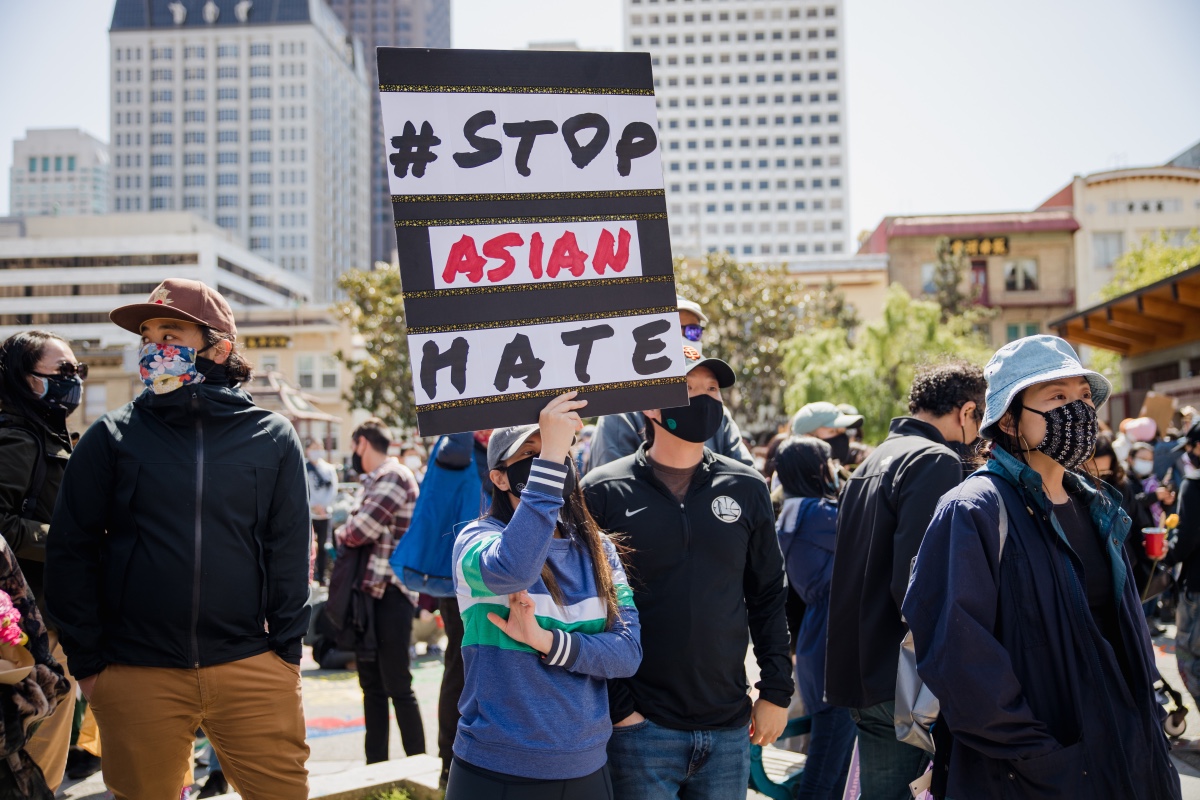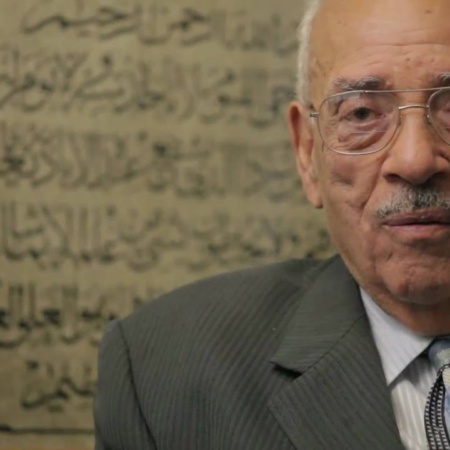The Case of Ahmid Chaudhry: Justice Still Denied
By Susan Schwartz, Muslim Media News Service (MMNS)
Readers of The Muslim Observer will be familiar with the case of Ahmid Adnan Chaudry, a young Pakistani graduate student, unjustly convicted for committing a felony as America entered this new century. Ahmid was and remains a victim of Islamophobia, his incarceration a testament to a double standard in the execution of American law.
By way of review: Ahmid came to the United States in the late summer of 1999 already in possession of a Bachelors Degree in engineering. He came to attend California State University San Bernardino to pursue studies towards a Masters Degree. There he took residence with three other young men in an off campus apartment.
From the outset of their association it became obvious that two of his room mates, born again Christians from Kenya, were hostile to Ahmid because of his Islamic faith. Their teasing was tinged with cruelty, and their harassment increased as they taunted him about his beliefs and rituals.
One evening in November of 1999 Ahmid was preparing to cook his dinner and to do so necessitated sterilizing a knife which his room mates had used to cut pork. The two Kenyans pounced on him, forcing his face toward to the electric stove. In fighting back Ahmid reached over his soldier, knife still in hand, cutting one of his two assailants. A scuffle ensued, continuing into the living area where a glass table was broken. Further injuries resulted from the cut glass.
When police were summoned, Ahmid was treated from the onset as the prime suspect. All three parties suffered some injuries, none serious enough to require hospitalization. A casual analysis of the aftermath of the brawl should have yielded more concern over Ahmid’s injuries since they involved serious burns, subsequently diagnosed as second degree. The arresting officers seemed more concerned over one of the Kenyans and his lacerations.
From the onset the police activities were unprofessional. In addition to the rush to judgement, the police did not secure the crime scene. There was no attempt to secure or collect DNA material or to photograph blood spatter. San Bernardino has a very high homicide rate and its police Department is familiar with this type of forensic investigation and its procedural components.
Ahmid was kept isolated for nine days and during that time was without legal counsel. Equally important, he had no access to a representative from the Pakistani Consulate. The officers did not tell him of his right to contact the Consulate, a violation of the Vienna Convention.
The Pakistani Senate has taken up Ahmid’s case, but Amhid’s team feels that when the Senate contacts the Pakistani foreign office, that office moves slowly and more for show than effect.
When Ahmid began his trial the charges were attempted murder, aggravated mayhem and assault. When three young men fight, absent objective eyewitness testimony to the contrary, the charge of attempted murder is ludicrous. As a rule, the strongest charge is aggravated assault which is usually plea bargained down to simple assault in the absence of any prior criminal record. There was no compelling direct evidence which justified putting Ahmid on trial and not one or both of the Kenyans. And there was certainly no compelling evidence that Achmid’s participation in the brawl reached the level of attempted murder.
During the trial the prosecutor presented the event as Ahmid’s personal jihad. The judge’s comments indicated that he bought into that theory. Ahmid’s attorney, while he did present forensic evidence to support Ahmid’s claims, spent much of the defense’s case showing that Ahmid was a devout Muslim, a claim that ultimately played into the prosecutor’s hands. The prosecutor in his closing arguments, referenced pejoratively, Ahmid’s original silence though this was his constitutional right. Neither the defense counsel nor the presiding judge objected to this.
Despite the fact that expert forensic testimony supported Ahmid’s version of events, the jury found him guilty. He was sentenced to five years plus life with the possibility of parole. An appellate court upheld the verdict. He will be eligible for parole in 2011 at which time he will have been incarcerated for over ten years for a crime he did not commit.
The case is presently in the Federal Proceedings process. Ahmid’s attorney has filed for a habeas corpus hearing in Los Angeles. Ahmid’s attorney has cited inadequate defense counsel during the trial phase; denial of Consular access, and prosecutorial misconduct.
Readers are asked to pray for Ahmid’s aging parents who have shouldered this terrible burden since 1999. His mother’s health has been especially impacted.
Ahmid is now in Chuckwalla Valley State Prison in Blythe. While his living conditions are less stringent than they were at the onset of his incarceration, he must still live with the injustice of a wrongful conviction.
A petition for Ahmid’s release is being prepared. Readers are asked to sign it at such time as it is ready for presentation. Readers are also asked to call or write the Pakistani Consulate in Los Angeles and the Pakistani Embassy in Washington, D. C. and ask them for concrete action, which at this point is long overdue. They had not even filed a formal complaint on the issue until this day.
Ahmid’s team also hopes to secure backing from a human rights organization. He is interested in pursuing through a correspondence course the Masters Degree he was to begin in 1999. He will need funds to secure this degree.
Readers who wish to contribute to Ahmid may make out checks to “CAIR: Chaudhry Legal Defenseâ€. Donors should specify in the item section of the check whether the funds are intended for Ahmid’s defense or his continuing education. Checks may then be mailed to: CAIR, 2180 W. Crescent Avenue, Suite F, Anaheim, Ca. 9280. The contact staff member at CAIR is Munira Syeda. CAIR’s telephone number is: (714) 776-1847.
The petition mentioned in a previous paragraph will be ready for distribution shortly. Copies may also be obtained from CAIR’s office.
Readers are asked to support Ahmid and to write to him at: Ahmid A. Chaudry, T 22336, B 3, 218 UP, P. O. Box 2349, Chuckwalla Valley State Prison, Blythe, California 9222
9-11














2007
904 views
views
0
comments